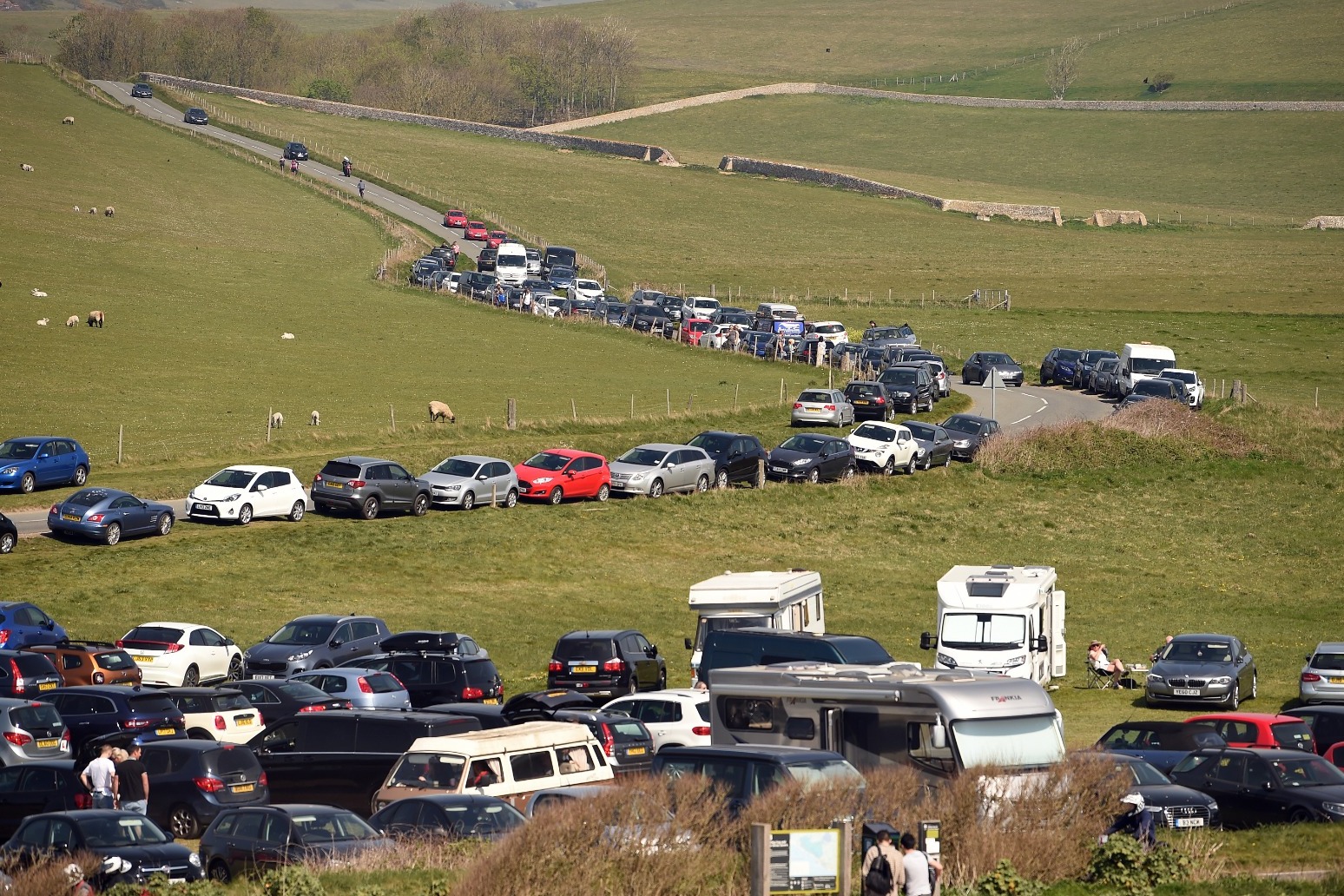
National Trust data reveals how climate change could hit UK summer days out
The National Trust analysed data from more than 85 million visits to its sites pre-pandemic
Climate change could hit summer holiday visits to British tourist sites as hotter conditions put visitors off, data from the National Trust suggests.
Tourism spots may also face more overcrowding at certain times of the year and temporary closures due to heat, flooding and storms if action is not taken to curb the climate emissions driving rising temperatures, the charity said.
There could even be a need for tourists to change their approach in hot conditions, such as avoiding going out in the hotter parts of the day like in southern Europe.
The National Trust analysed data from more than 85 million visits, before the pandemic, to 170 of its coastal and countryside sites, castles, stately homes, gardens and historic buildings across England, Wales and Northern Ireland.
It compared the visitor data with the weather conditions and discovered that a quintessential “National Trust day” across all its locations is one with temperatures of 21C (70F), moderate winds and a very small amount of rain.
It also found people preferred visits to indoor properties at 20C (68F), and above that the numbers of people choosing to go to stately homes and other historic buildings starts to decline.
While people flock to outdoor locations, particularly beaches and coasts, in warmer weather, around 24C (75F), numbers decline above this dramatically reduce once temperatures hit 28C (82F).
The National Trust said that climate change could mean more visits to sites at current “off peak” times as spring and autumn become warmer and summer becomes too hot.
With hot days expected to become more frequent due to global warming, the UK’s multi-billion tourism industry could be hit by fewer people wanting to head to inside tourist sites in the summer, the charity warned.
And the tourism high season could shift from the current peak of of July and August to autumn, the research suggests.
Published: by Radio NewsHub